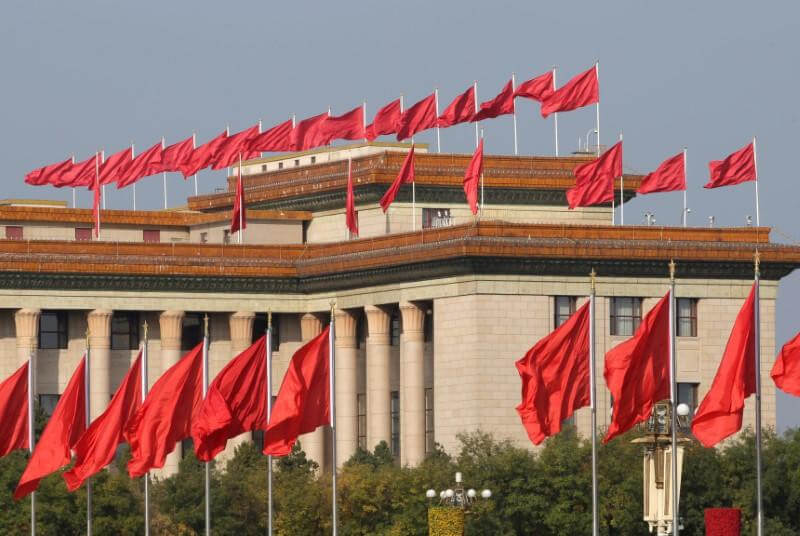China's government isn't exactly known for tolerating silliness or dissent. This has become even more evident with the Community Party's latest decision which, according to Reuters, has banned videos that "distort, mock or defame classical literary and art works."
It's not entirely clear what China's government considers "classical literary and art works" but examples of banned actions could include dubbing over a "classical" video with a satirical voice-over. Regardless, China's new rules don't stop there.
The Communist Party's latest directive also mandates that all videos must emphasize the "fine traditional Chinese culture" and "love, emphasis on the people, integrity, justice, harmony and no worshiping of money or other bad habits."
"It means a lot of content makers will have to transition and make their content more serious," said Beijing-based analyst Wu Jian. "For 'extra urgent' [notices] like this, you have to act immediately. Those who don't comply in time will immediately be closed down."
Interestingly, this directive was classified as "extra urgent," meaning all video hosts must comply with the new rules immediately. "It means a lot of content makers will have to transition and make their content more serious," said Beijing-based analyst Wu Jian. "For 'extra urgent' [notices] like this, you have to act immediately. Those who don't comply in time will immediately be closed down."
These rules will likely go into effect across all of China's major video sites. However, it's unclear whether or not video websites will be carrying out potential bans themselves or if China's publicity department, which recently gained control over the country's film and publishing industry, will handle the crack down instead.
